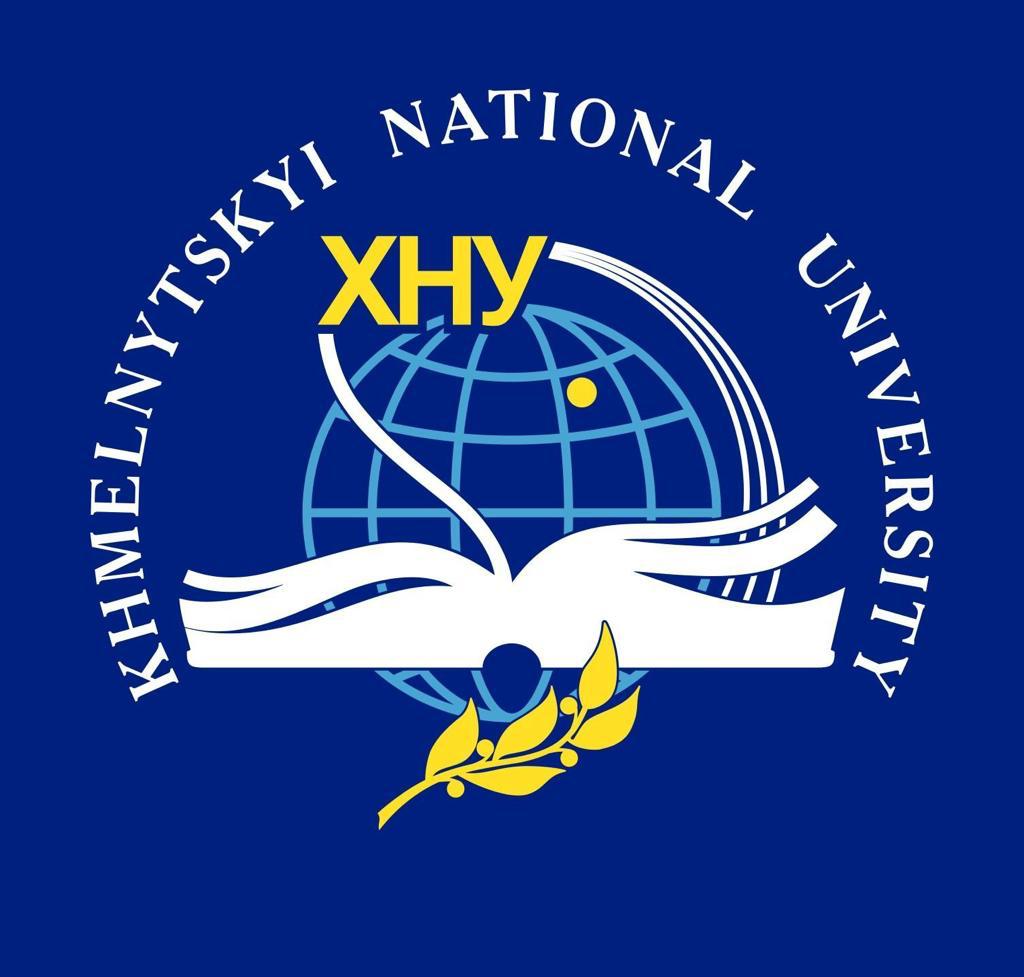Effectiveness of the experimental swimming program on improving the physical health and functional state of children 7-9 years old
DOI:
https://doi.org/10.31891/pcs.2023.2.10Keywords:
swimming, health, functional state, working capacity, breath testsAbstract
The use of swimming in the physical education of children of primary school age is a powerful health-improving factor, due to which it is possible not only to increase the level of physical health of children, but also to achieve the desired effect in improving their swimming readiness in a short period of time. The purpose of the research is to theoretically substantiate and experimentally verify the effectiveness of the experimental program for improving the physical health and functional state of children 7-9 years old. Research methods. Theoretical research methods were used in the work: analysis, comparison, induction, deduction, systematization and generalization of scientific and methodical literature, pedagogical testing, pedagogical experiment, methods of mathematical statistics.Results. After the end of the formative stage of the pedagogical study, the heart rate of girls in the experimental group improved by 7.98% compared to 2.40% in girls of the control group, systolic blood pressure by 2.81% and 1.76%, diastolic blood pressure by 2.71% and 4.06%, Stange samples - by 55.86% and 11.46%, Genchi samples - by 32.82% and 6.35%, vital capacity of the lungs - by 15.12% and 6, 39%, which was a confirmation of the developed program. The rate of heart rate in the boys of the experimental group improved by 6.93% compared to 2.31% in the boys of the control group, systolic blood pressure - by 0.94% and 0.93%, diastolic blood pressure - by 2.73% and 1 .45%, Shtange samples – by 49.13% and 20.05%, Genchi samples – by 32.72% and 7.23%, lung vital capacity – by 25.26% and 4.80%. Conclusions. After the completion of a six-month pedagogical experiment, in which the author's program of classes using innovative approaches was used, an increase in the health of children aged 7-9 years, who had a low and below average level of physical health at the beginning of the study, and already at the end of the study, was found were at an average and above average level
References
Bezkopylnyi, O. O., Makarenko, M. V. & Hrechukha, S. V. (2010). Uspishnist ovolodinnia navychkamy sportyvnoho plavannia khloptsiamy 8 - 9 rokiv z riznym stanom vlastyvostei osnovnykh nervovykh protsesiv [Success of mastering the skills of sport swimming by boys 8 - 9 years with different state of properties of the main nervous processes]. Slobozhanskyi naukovo-sportyvnyi visnyk, № 1, 155–158. [in Ukrainian]
Buzhyna, I. V., Dikalova, O. O. & Hrychyk, D. V. (2013). Vykorystannia ihrovoho metodu pry pochatkovomu navchanni plavanniu [Using the game method in the initial training of swimming]. Visnyk Chernihivskoho natsionalnoho pedahohichnoho universytetu. Seriia : Pedahohichni nauky. Fizychne vykhovannia ta sport, Vyp. 112 (3),105–107. [in Ukrainian]
Hanchar, O. I. (2020). Plavannia: teoriia i praktyka navchannia ta vdoskonalennia [Swimming: theory and practice of learning and improvement]: monohrafiia. Odesa : Simeks-print. [in Ukrainian]
Kalynychenko, I. A., Kolesnyk, A. S. & Shchapova, A. Yu. (2020). Stan zdorovia ditei 6–10 rokiv u dynamitsi navchannia u pochatkovii shkoli [The state of health of children aged 6-10 in the dynamics of learning in primary school]. Ukrainskyi zhurnal medytsyny, biolohii ta sportu, T. 5, № 1 (23), 250–255. [in Ukrainian]
Kopylov, P. I. (2016). Analiz metodyk zdoroviaformuvalnoho navchannia plavannia molodshykh shkoliariv [Analysis of methods of health-promoting swimming training of junior schoolchildren]. Naukovyi chasopys Natsionalnoho pedahohichnoho universytetu imeni MP Drahomanova. Seriia 15: Naukovo-pedahohichni problemy fizychnoi kultury (fizychna kultura i sport), №. 10, 55–57. [in Ukrainian]
Sheiko, L. V. (2021). Vplyv ihrovoho metodu na yakist plavalnoi pidhotovlenosti ditei molodshoho shkilnoho viku, yaki zaimaiutsia ozdorovchym plavanniam [Influence of the game method on the quality of swimming readiness of children of primary school age who are engaged in health swimming]. Sportyvni ihry, № 1, 84–94. [in Ukrainian]
Geiger K. R., Henschke N. (2015). Swimming for children and adolescents with asthma. Br J Sports Med., Vol. 49 (12), 835–836.
Moreno, M. A., Furtner, F. & Rivara, F. P. (2009). Water safety and swimming lessons for children. Arch Pediatr Adolesc Med. Vol. 163(3), 288–291.
Pan C. Y. (2010). Effects of water exercise swimming program on aquatic skills and social behaviors in children with autism spectrum disorders. Autism, Vol.14 (1), 9-28.





